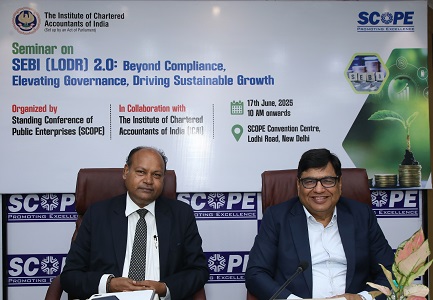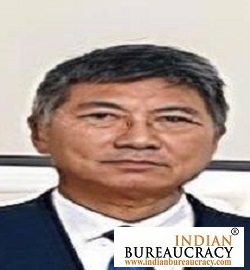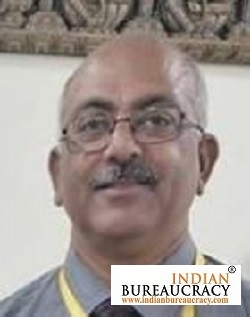During the CEO round table at the Future Energy Asia (FEA) 2023, Pradip Kumar Das, Chairman & Managing Director of the Indian Renewable Energy Development Agency Ltd. (IREDA), emphasized the importance of reducing carbon emissions by minimizing the generation and utilization of power from conventional sources. The round table, sponsored by the Asia Natural Gas and Energy Association, brought together senior representatives from the Ministry of Energy, Kingdom of Thailand, as well as CEOs and heads of various international organizations in the energy sector.
Shri Das highlighted India’s significant progress in the renewable energy sector, surpassing the global average growth rate. He credited IREDA as a major contributor to this achievement. Despite having the largest population in the world, India’s per capita energy consumption and per capita carbon emission intensity are considerably lower than the global average and those of other developed nations.
Shri Das pointed out that India has already surpassed its previous target of a 40% share of power generation from non-fossil fuel sources well ahead of schedule. The Government of India has already established targets, schemes, and policies for emission reductions by 2030. India is committed to reducing the emissions intensity of its GDP by 45% by 2030, compared to the 2005 level, and achieving about 50% cumulative electric power installed capacity from non-fossil fuel-based energy resources by 2030.
In addition, India has been actively engaging in discussions on renewable energy transactions with other Asian countries such as Bhutan, Nepal, Myanmar, and Bangladesh. This includes signing several Memorandums of Understanding (MoUs) to promote renewable energy growth and optimal utilization of available resources and energy consumption. The International Solar Alliance (ISA) also plays a crucial role in mobilizing efforts against climate change through the planned deployment of solar energy solutions.
Shri Das emphasized that India’s installed non-fossil fuel capacity has increased by 396% in the last 8.5 years, with solar energy capacity experiencing a remarkable growth of 24.4 times in the last 9 years. Aligning with the One Sun One World One Grid initiative proposed by the Hon’ble Prime Minister of India, comprehensive and coordinated efforts are necessary at all levels of the value chain to ensure optimal execution and utilization of Carbon Capture Storage and Sequestration (CCSS) on a global scale.
To achieve optimal CCSS, Shri Das emphasized the need for a comprehensive awareness program targeting every power consumer and citizen in the country, along with timely capacity building of stakeholders across the entire value chain. He further stressed the importance of establishing the right policies at the right time and in the right manner to ensure effective implementation, which would yield the best anticipated results in terms of CCSS.
The discussions at the round table also covered the financing, economic, and operational challenges faced by Carbon Capture, Utilization, and Storage (CCUS) projects, including the high costs associated with carbon capture.





